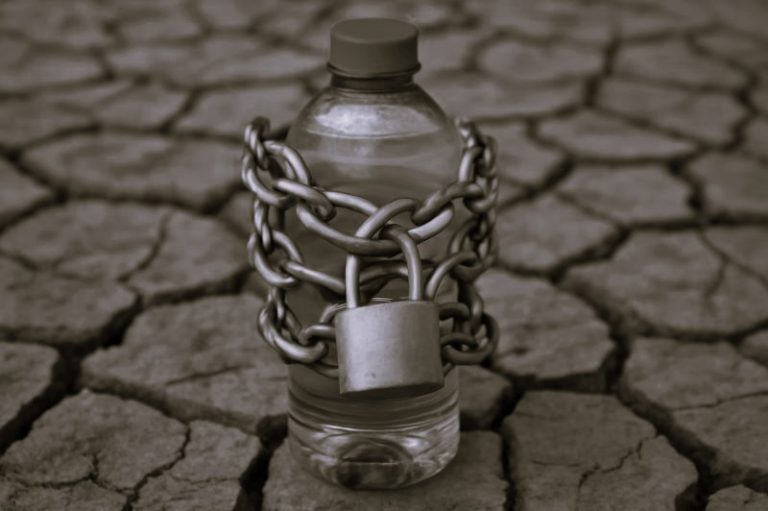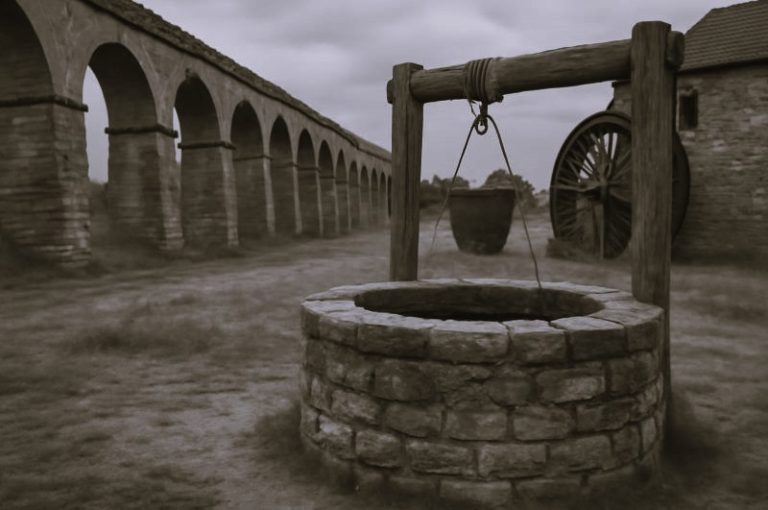

A subpar cup of coffee has economic implications as well as sensory ones.

By Mike Pomranz
Journalist
Plenty of studies have investigated how climate change could be detrimental to the yield of coffee bean crops, with research released in 2019 suggesting that 60 percent of known coffee species could be in danger of going extinct. But a new scientific review has attempted to focus specifically on how global warming might affect the taste, aroma, and quality of coffee — and, bad news, not only could the coffee of the future be harder to come by, it could taste bad, too.
A team led by researchers from Tufts University and Montana State University looked for patterns across 73 published articles on coffee to determine what factors were most likely to affect quality and the impact environmental changes might have on those factors.
“A subpar cup of coffee has economic implications as well as sensory ones. Factors that influence coffee production have great impacts on buyers’ interest, the price of coffee, and ultimately the livelihoods of the farmers who grow it,” Sean Cash, an economist and professor at Tufts’ Friedman School of Nutrition Science and Policy and the senior author on the study, explained. “If we can understand the science of these changes, we might help farmers and other stakeholders better manage coffee production in the face of this and future challenges.”
Specifically, researchers identified two factors that had the most consistent association with quality: first, higher altitude produced coffee with better flavor and aroma, and second, too much sunlight led to decreased quality.
That first factor could be significantly affected by global warming. “Examining crops cultivated at different altitudes is often used as a proxy for temperature. Higher altitudes are associated with cooler temperatures that result in slower ripening, prolonged fruit-fill, and higher accumulation of flavor (taste and aroma) precursors,” the paper states. “The vulnerability of coffee quality at lower elevations provides insight on what may happen to coffee quality at higher elevations in the future with increased temperature linked to climate change, highlighting that climate adaptation is needed for coffee agricultural systems at all elevations.”
Reducing sunlight exposure, on the other hand, appeared easier to deal with. “While light exposure is shifting with climate change, this variable can be modified in coffee agricultural systems through shade management including fostering shade-grown coffee systems with optimal levels of canopy coverage,” the paper continued. “Shade management is a relatively accessible climate adaptation strategy compared to alternatives such as relocating farms.”
Still, the study’s biggest takeaway was the more work needs to be done to ensure our coffee tastes okay moving forward. “This systematic review highlights that coffee quality is sensitive to shifts in environmental and management variables linked to climate change and climate adaptation,” the conclusion stated. “Given the sensitivity of coffee quality to environmental variation, evidence-based innovations are called for to enhance the sustainability and resilience of the coffee sector in the context of global change.”
Originally published by Food & Wine, 10.27.2021, republished under fair use for news reporting purposes.






